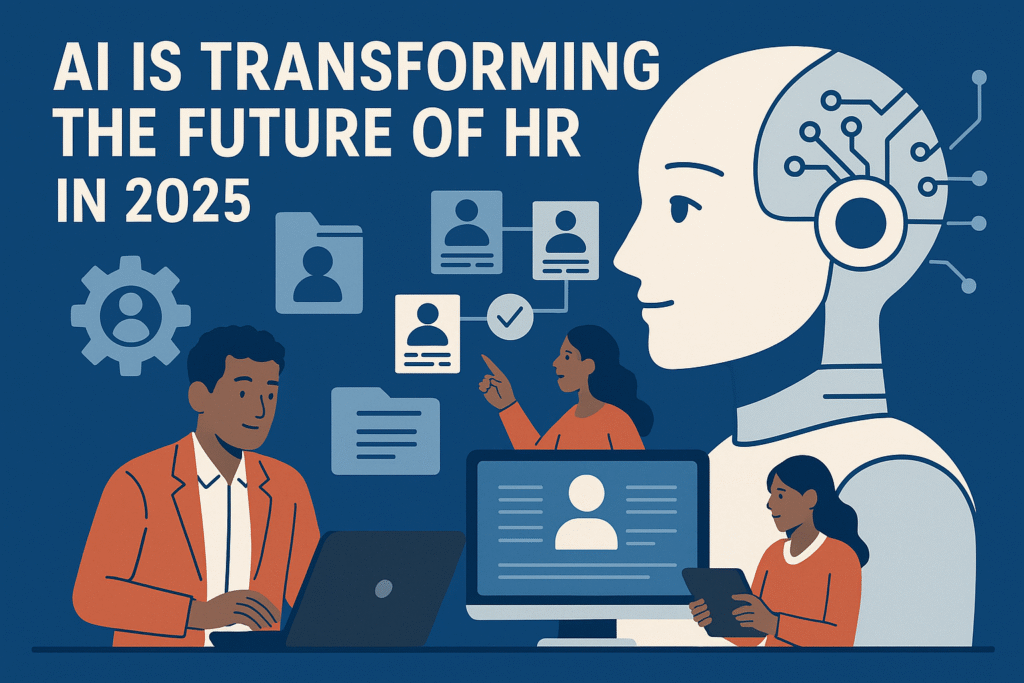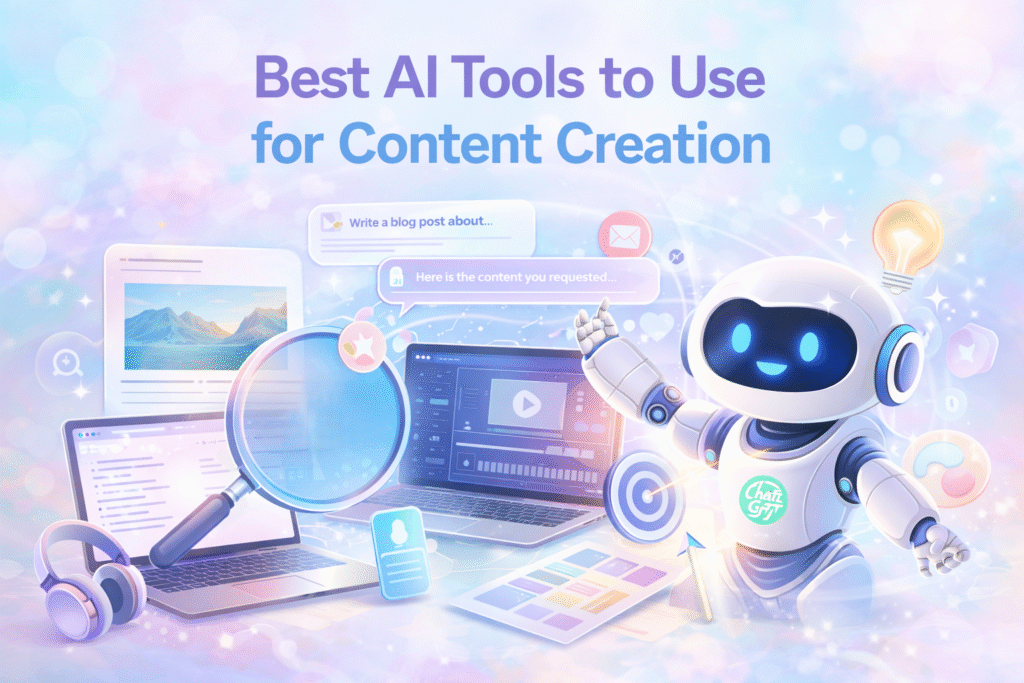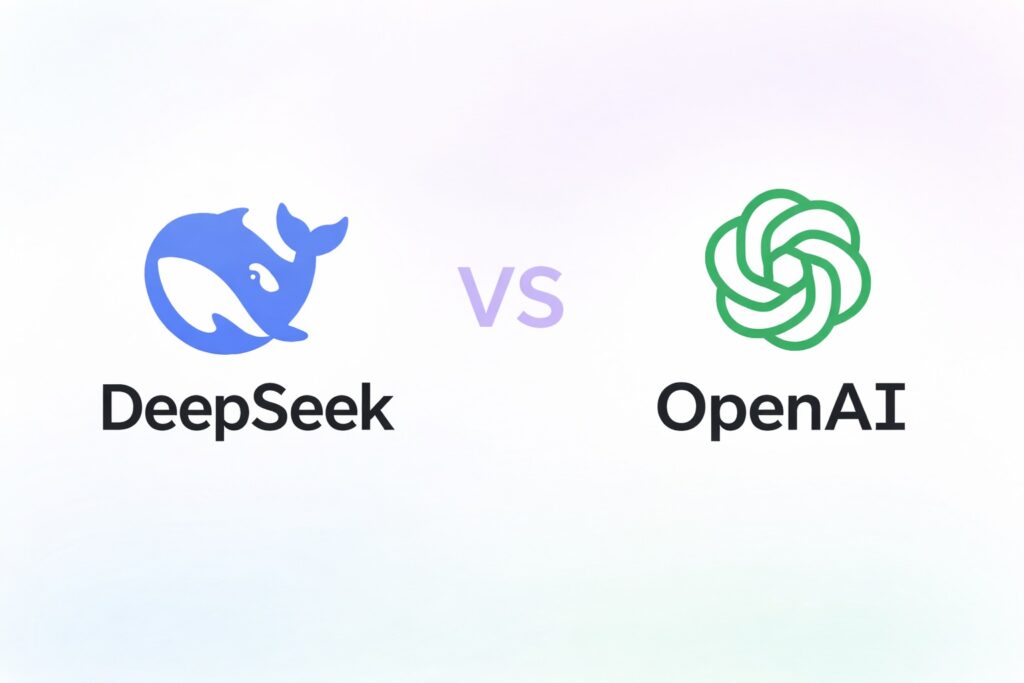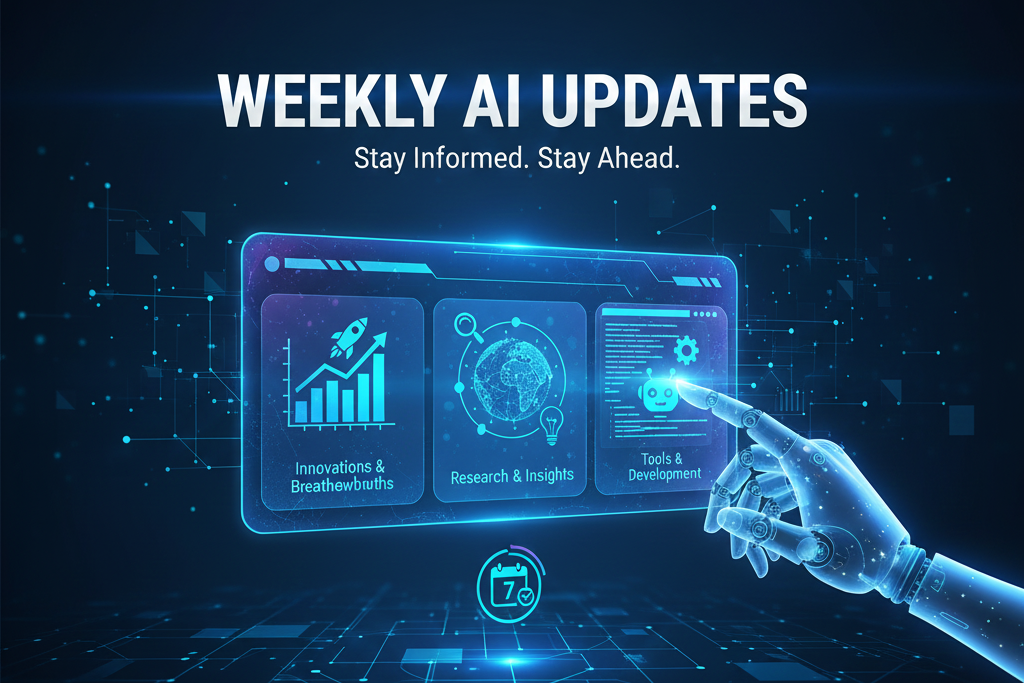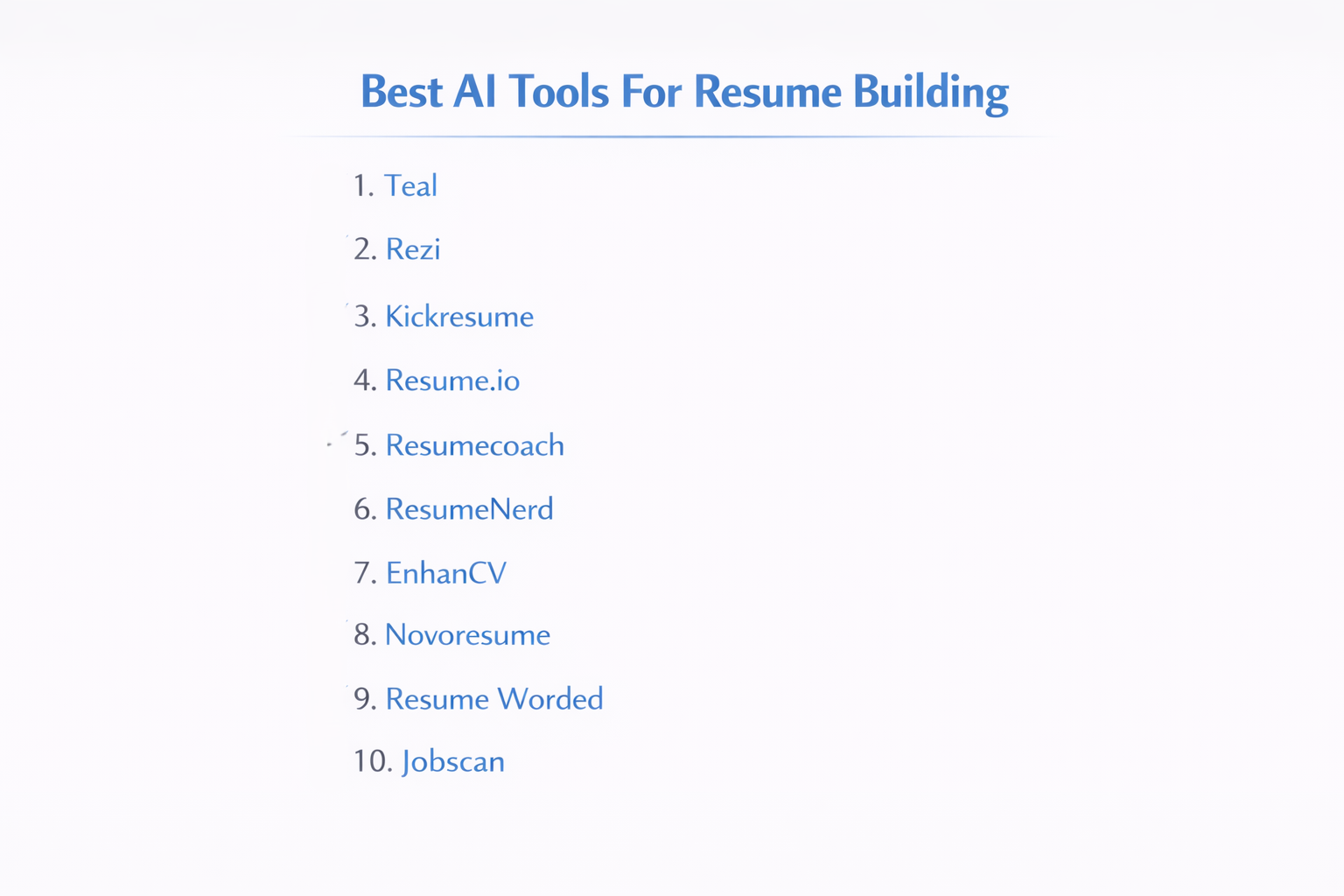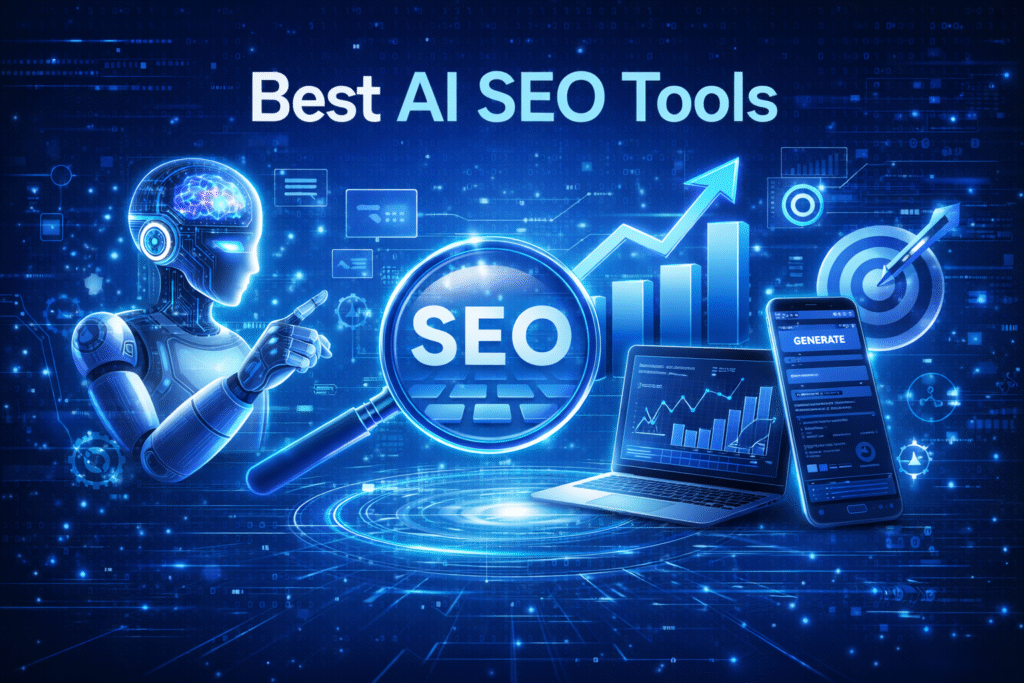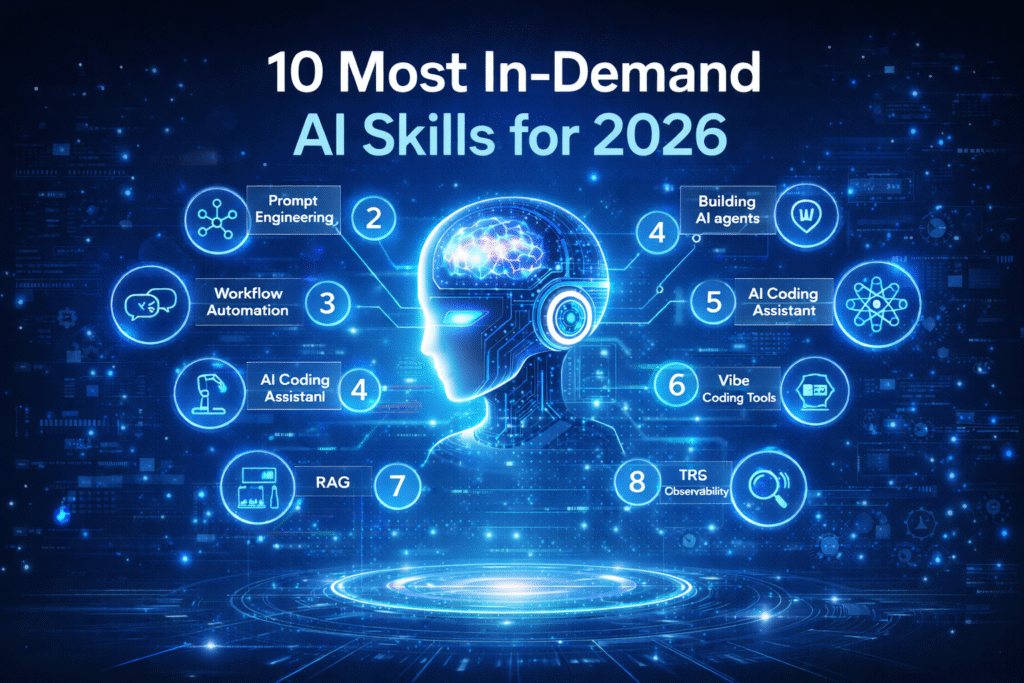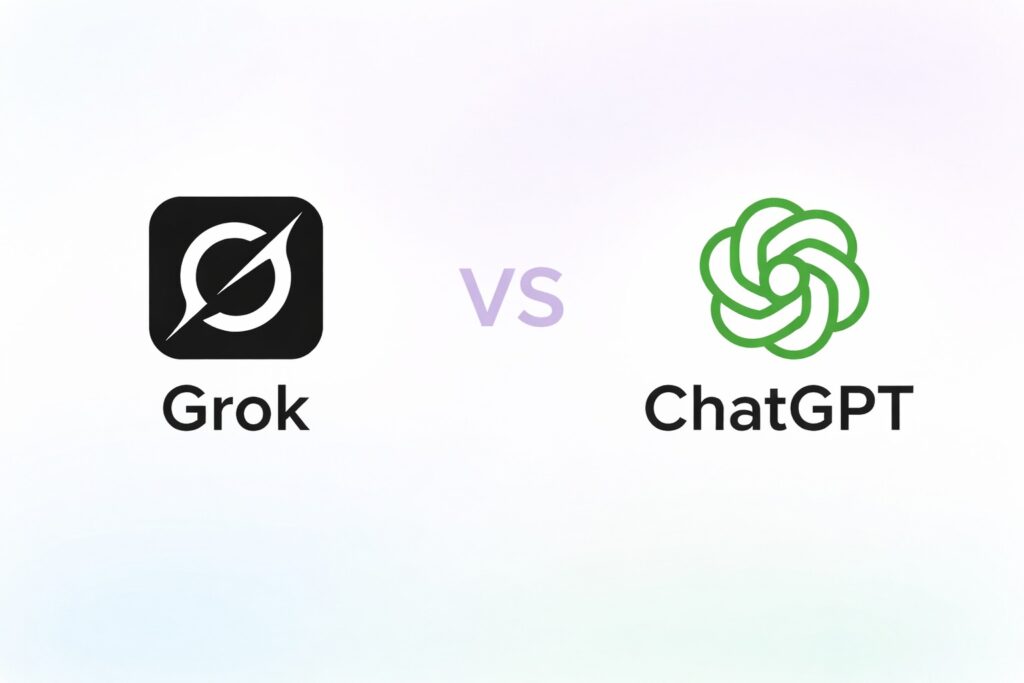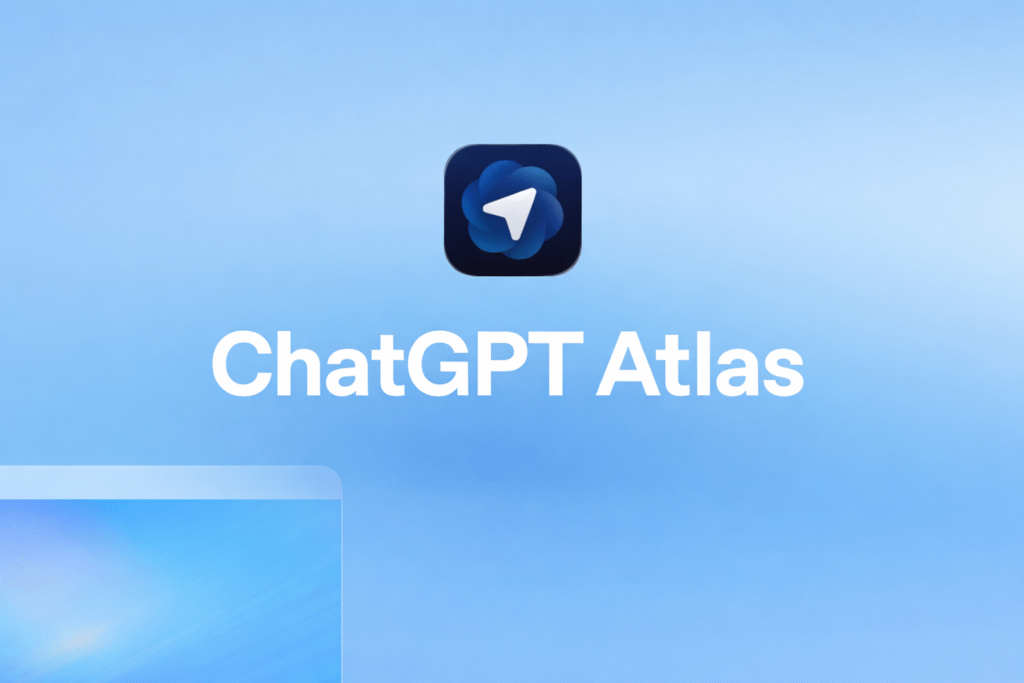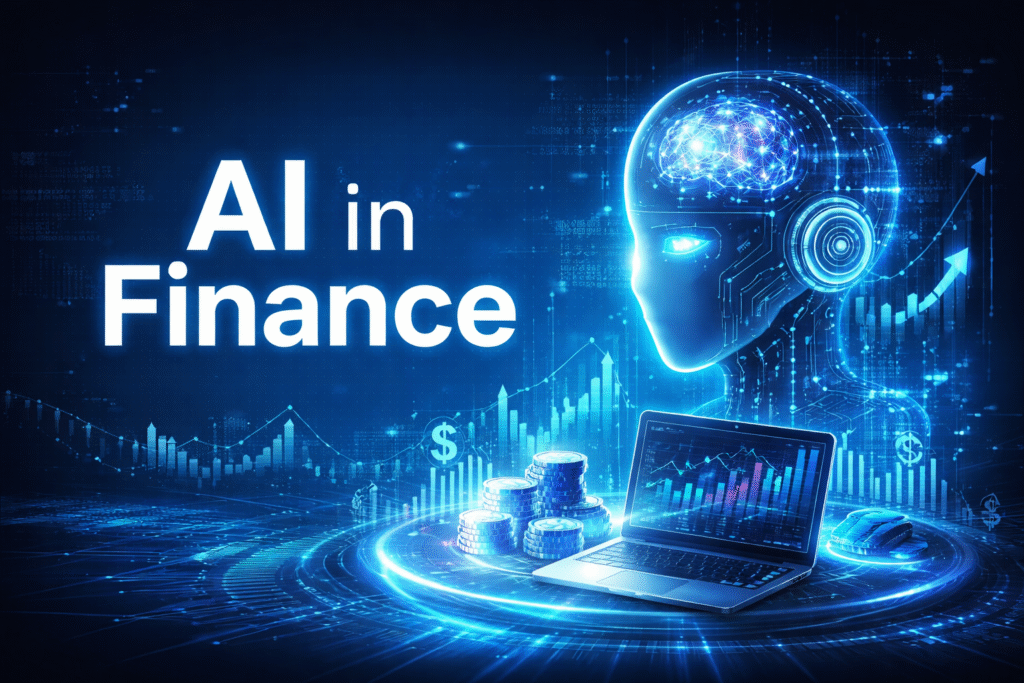The way companies hire and manage employees is changing dramatically, and artificial intelligence is leading this transformation. If you’ve looked for a job lately, you’ve probably already experienced AI without knowing it.
That automated email confirming your application? AI.
The chatbot that scheduled your interview? Also AI.
The personalized training modules at your new workplace? AI again.
This isn’t some futuristic concept but happening right now in 2025. Companies everywhere, from small businesses to major corporations, are using AI to make HR work faster, smarter, and more effective.
Whether you’re in HR trying to keep up with new technology, someone searching for a job, or a business owner wondering about these changes, AI in human resources affects everyone. The shift is already underway, and understanding it can help you navigate the new world of work.
In this blog, we will know how HR is no longer just manual work and how AI is helping in its transformation.
What is AI in HR?
AI in HR (Artificial Intelligence in Human Resources) is the application of AI technologies to transform traditional HR functions and processes. Think of it as smart computer systems that can help HR teams work more efficiently and make better decisions.
It includes automation of:
- Recruitment and hiring
- Tracking employee performance
- Taking queries 24/7
- Payroll calculation and so on.
Key Areas Where AI is Transforming HR
AI is no longer a futuristic idea as it is actively playing its role in HR. Let us understand in what areas you can use AI in HR:
- Recruitment of New Workers: AI smartly helps companies find the best ones out of all the applications or resumes.
- Answers Employee Query 24/7: AI-powered chatbox can take employee queries at any time of the day.
- Creates Work Schedule: AI helps in finding the right person for the right schedule and a manageable workload.
- Fair pay to employees: It makes sure that everyone in the company gets fairly paid for their work.
- Employee Training and Development: AI checks if someone is lacking any skill, and provides them with a personalized learning platform.
Benefits of AI in HR
- Finding suitable candidates for the job: HRs review hundreds of job applications, and sometimes the best ones are overlooked. However, AI tools shortlist resumes with the right skills and job requirements more quickly.
- Saves Time: AI saves a lot of time by doing manual work by itself, so the HR team can focus on more important tasks and maintain employee relationships.
- Handles Repetitive Tasks: The HR team used to handle everything manually, but now AI has taken over those tasks, and let the HR look after the important areas.
- Overall Performance Review: HR doesn’t remember every detail about the employee, but AI analyzes each and every employee’s work and provides the best performance review possible.
- Get Help Faster: With AI chatbots, it is now easier to get employee queries resolved instantly, as it is available 24/7.
Risks and Ethics of AI in HR
AI will surely transform HR, but here are some issues you might face while implementing it:
- Privacy and security: AI has all the data of the company and sometimes beyond what is expected of it; that’s why we should ensure it has access to data that is truly necessary for it to function.
- Transparency issues: AI’s decision-making doesn’t sound fair to some employees; It should be implemented in a way that provides explainable results with transparency.
- Employees’ consent: Where HR work is mostly done by AI, employees’ consent matters as to whether they want to work under AI and get a performance review or any kind of report from it.
- AI makes mistakes: AI does make mistakes, but small mistakes can sometimes ruin people’s careers. HR must look into these AI errors and then judge their employees’ performance and recruitment.
- Legal compliance: Laws keep changing from the day it was written, and sometimes the version of AI is not updated as per the current laws; it needs to be updated regularly.
This shows how rapidly AI adoption is increasing in businesses and how mature companies were using AI in 2025. Image by McKinsey & Company
Steps to Implement AI in HR
Step 1: Planning phase:
- Identify the challenges faced by the HR team
- Prepare data on how much time it takes manually
- Plan what you want to achieve with AI
Step 2: Choosing the Right Tools:
- Look for AI-powered recruitment tools like greytHR & Zoho People
- Compare your AI solutions with your budget
- Always start with one area(like hiring)
Step 3: HR data preparation:
- Keep all the employee details in one place
- Ensure data is correct and in a way that AI can understand
- Comply with the laws of your region
Step 4: Train the HR team:
- Teach them how to operate these AI tools
- Show them how AI tools will help them
- Resolve their queries regarding the same
Step 5: Slowly implement:
- If one area becomes successful, start with another
- Review them regularly for fair results
- Keep on updating the system with new data whenever needed
Step 6: Connect and Measure:
- Connect and ensure AI tools work with other HR software
- Track employee satisfaction and improvement
- Ensure you have regular data backups
AI Tools That You Can Use in HR
1. Zoho People
Features:
- Covers a wide range of HR functions
- Integrates well with other Zoho products
- Ensures data security and privacy
- Employee self-service portal
- Automates attendance tracking, leave approvals, and performance review
2. GreytHR
Features:
- Offers everything you need to manage HR processes
- Compliant with GST regulations
- Automates the entire payroll process
- Provides accurate and real-time reports
3. Prevue HR
Features:
- Provides smart hiring and recruitment
- Generates detailed reports to improve decision-making
- Track employee progress and create development plans
- Improves employee satisfaction
4. Gusto
Features:
- Eliminates the complexity of HR operations
- Automates hiring and onboarding
- Track performance and provide comprehensive details
- Best for small and medium-sized businesses
5. LearningEvolved
Features:
- Provides relevant and engaging training
- The best learning material from different sources
- Virtual guidance and support
- Track your progress and provide certificates
The Future of AI in HR
AI is transforming HR, but it doesn’t mean it is replacing the ‘human’ in Human Resources. Companies are already using AI tools that help in recruitment, development, and performance reviews of employees.
In the future, AI will not replace humans, but will surely replace those who don’t know about them, rather than those who do. The HR team will be able to focus on more creative and important tasks. AI will not only make them work efficiently but also make them stress-free.
FAQs
1. What are the benefits of AI in HR?
There are various benefits of using AI in HR, including helping in finding a suitable candidate for the job, monitoring performance and providing reviews, Fair hiring and candidate selection, and A 24/7 available AI chatbox for employee queries.
2. What are the disadvantages of AI in HR?
Five disadvantages of AI in HR include: Data privacy and security, ethical concerns, legal and compliance, unexplainable decisions, high implementation costs, etc. Sometimes it also lacks human emotion for fair decision-making.
3. Will AI replace HR?
No, AI can never replace humans, but it can make their work faster and more efficient. There are various roles in HR where only humans can make fair decisions and can focus on building employee relationships.
4. What is the future of AI in HR?
In the future, the companies will focus more on leveraging AI and rapidly grow with the technology. We will have personalized learning platforms, automated recruitment, performance management, and so on.
5. What is the AI tool for HR?
AI tools in HR help in analysing data, automating tasks, and making it more efficient. It helps in various processes of hiring and recruitment. AI chatbot help in resolving employee queries 24/7.
6. How does AI help in HR Recruitment?
AI makes the recruitment process easier for HR by automating job postings, resume screening, and candidate selection. It also improves hiring and interviews by reducing bias and provides personalised training to employees.
Reference Links:
